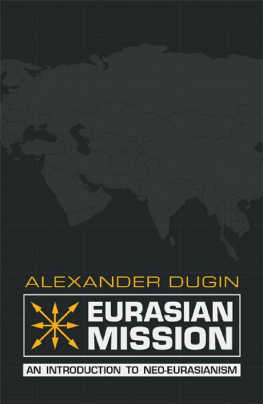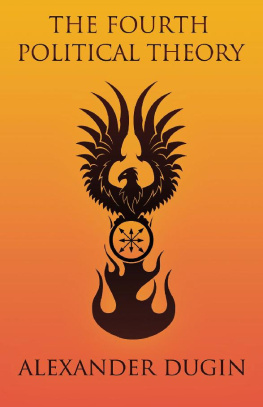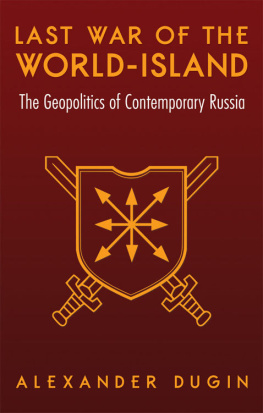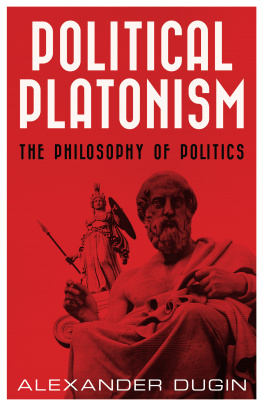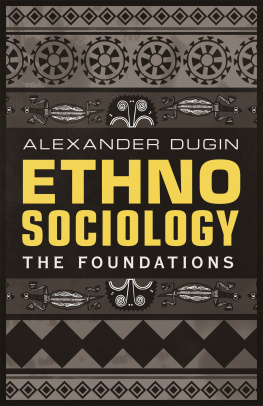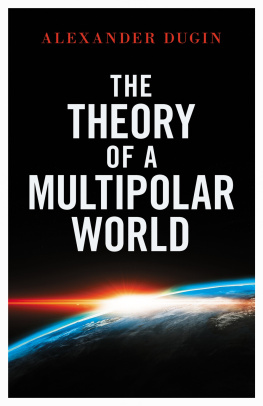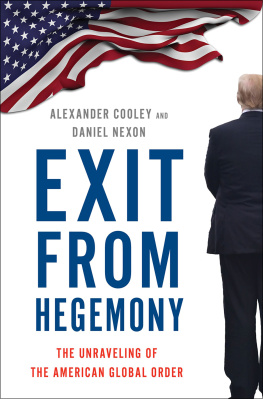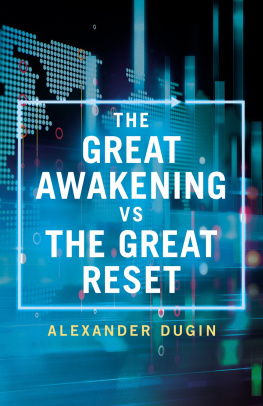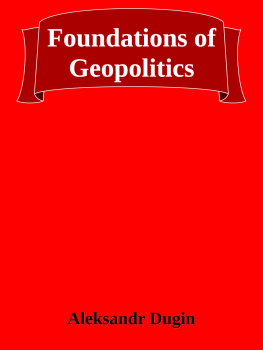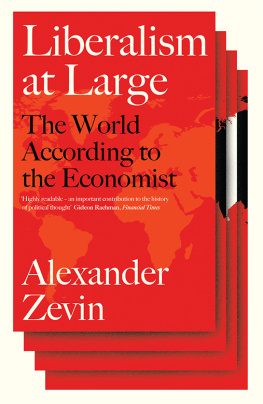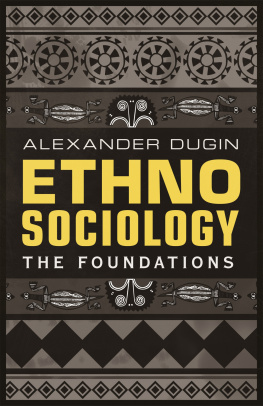Eurasianism as structuralism
First of all, Eurasianism is a philosophy, and as all true philosophy it implicitly contains a political perspective, an approach to history and the possibility of being transformed into an ideology. Eurasianism as a philosophy is based on structural analysis and it is not a coincidence that the founder of Eurasianism, Count Nikolai Trubetzkoy, was a leading figure in structuralist linguistics. Eurasianism is a type of structuralism with the accent placed on the multiplicity and synchronicity of structures. The structure is viewed as a whole that is something much more than the sum of its parts. This is the rule of Eurasianism. It is holism dealing with organic, structural entities.
The primary concern of Eurasianist philosophy is civilization. There are different civilizations, not only one. Each of them has its own structure that defines the elements of which it consists, and which gives them meaning and coherence. We cannot apply the rules and structure we find in one such structure to those we find in other civilization not in a diachronic or a synchronic way. Each civilizational structure possesses its own sense of time ( la dure ) and its own space. They are thus incomparable with one another. Every human society belongs to a particular civilization and should be studied only in accordance with its own criteria. This brings us to the starting point of modern anthropology, which began with Franz Boaz and Marcel Mauss, which insists on the plurality of human societies in the absence of any universal pattern. It is therefore no mere coincidence that Claude Lvi-Strauss, the well-known father of structural anthropology, studied under Roman Jakobson in the United States. Jakobson had been a colleague and friend of Trubetzkoy.
The plurality of human societies, each one of which represents a specific kind of semantic structure that is entirely unique and incomparable with any other, is the basis of Eurasian philosophy in general.
Eurasianism as hermeneutical tool
This principle was applied by the Eurasianists to various fields, including Russian history, geopolitics, sociology, international relations, cultural studies, political science, and so on. In any field the uniqueness of Russian civilization in comparison with all others, Western and well as Eastern, was affirmed and defended. Thus, Eurasianists view Western, European civilization as one concrete structure with its own understanding of time, space, history, human nature, values and goals. But there are other civilizations, namely Asian, African, Latin American and Russian. Russian civilization possesses some of the same features as Europe and some of the features of Asian culture (above all of the Turanian type), representing an organic synthesis of the two, and cannot therefore be reduced to the mere sum of its Western and Eastern elements. Rather it has an original identity.
The structural method caused the Eurasianists to begin to study this Russian civilization as an organic whole with its own semantics, which revealed the nature of its identity in its implicit way of understanding history, religion, normative politics, culture, strategy, and so on. But in order to conduct such a study in a truly structural way they were obliged to radically reject Western pretensions to universality, thus deconstructing Western universalism, ethnocentrism and its implicit cultural imperialism. Since the nature of Russian civilization is not Western, it should be defined beyond the self-evident principles taken for granted in European modernity, such as progress, linear time, homogeneous space, materialistic physics, capitalism as the universal destiny of social development, and so on. The term Eurasia, which could also be expressed as Russia-Eurasia, was introduced in order to define a clear line of demarcation between the two civilizations: the European, which was judged to be essentially a purely local phenomenon historically and geographically, and the Eurasian one. From this starting point, two schools emerged: the radical critics of Western universalism and eurocentrism (their position being formulated in Trubetzkoys book Europe and Mankind , in which Europe is portrayed as being opposed to humanity as a whole in a way that is similar to Toynbees duality of the West and the rest), and those who dealt with the independent Russian-Eurasian structure taken as a key for deciphering Russian history and as a means of creating a normative project for the Eurasian future a Eurasian project.
The interpretations and projects of the Eurasianists
The Eurasian project was developed in the form of a political philosophy on the basis of the multipolarity of civilizations, anti-imperialism, anti-modernism and on the structure of Russia itself. This last was defined in terms of the principles of the Slavophiles, along with the important addition of a positive evaluation of the cultural elements which had been borrowed by the Russians from Asiatic societies beginning with the period of the Mongols. Indeed, one of the most important books of the Eurasianist movement, also written by Trubetzkoy, was called The Legacy of Genghis Khan . Therefore for the Eurasianists the West was in the wrong a purely regional phenomenon pretending to universal status via imperialism; thus it follows that modernity, which was also a Western phenomenon, is also entirely a product of this locale and is inherently imperialistic. Russian history was considered as the struggle of Eurasian civilization against the West, and in the last centuries also as the struggle against modernity. Russias Eurasian future should be built in a form that corresponds to the specificity of Russias structure and in accordance with its values and basic beliefs. The Eurasianists proposed to take and affirm these qualities as its norms. They said no to progress. They saw social development as a cycle, not in terms of capitalist notions of development. They called for an organic, agricultural economy, not materialism, and for ideacracy (the power of ideas). They also said no to democracy, favoring popular monarchy. They rejected the notion of purely individualistic, superficial liberty, and advocated for social responsibility and spiritual, inner freedom.

